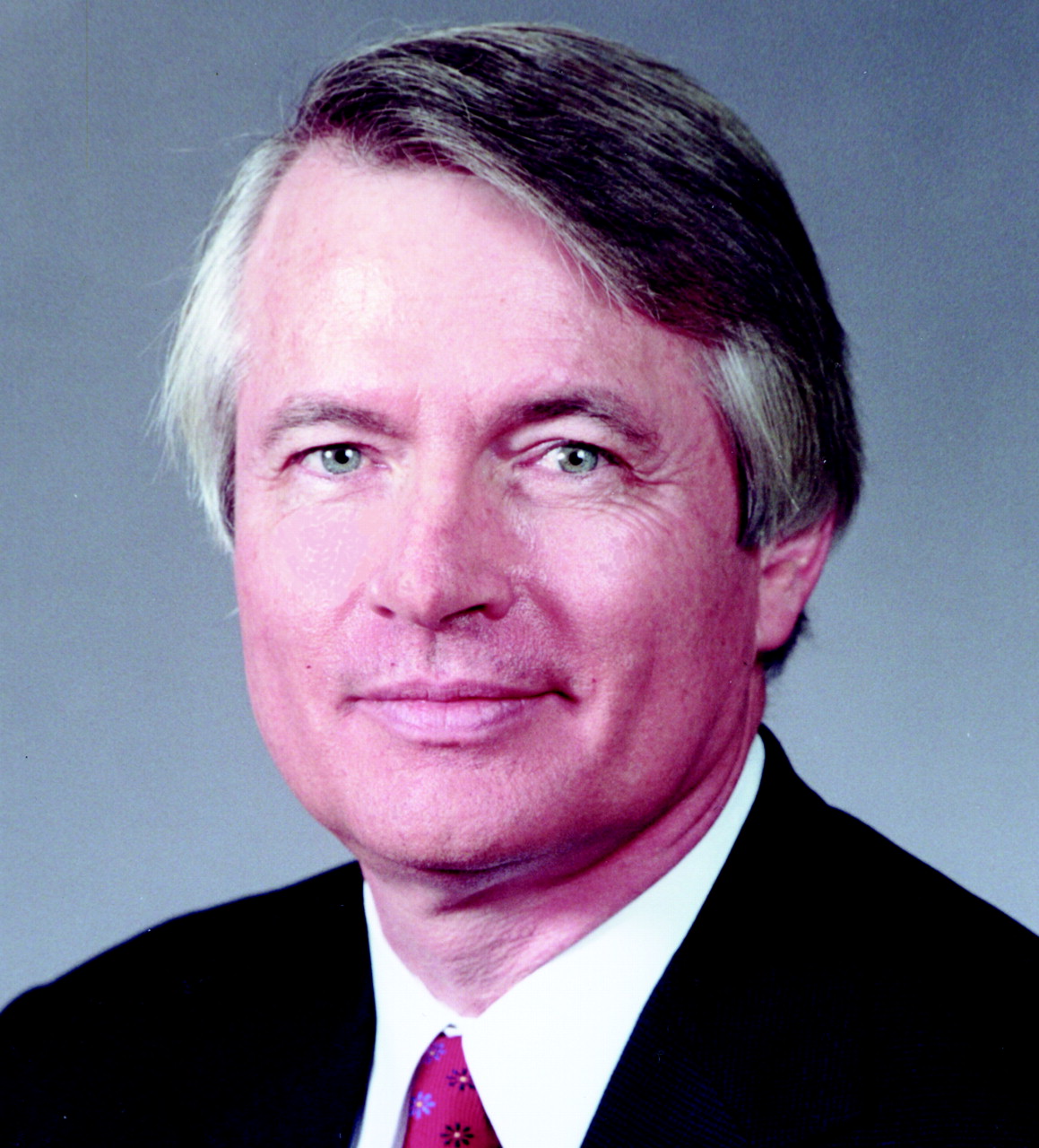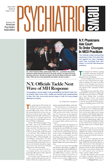During a year as president of the American Psychiatric Association, one has the opportunity to focus on issues that are or will be critical to the care of our patients and the advancement of our profession. Each year the Association has two annual meetings. Each has a separate theme. In Orlando, Fla., the 53rd Institute on Psychiatric Services looked at “Multidisciplinary Roles in the 21st Century.” Our annual meeting in Philadelphia in May 2002 will have the theme “The 21st Century Psychiatrist.” It is my intention that these meetings help us look to the future and guide us in the tasks that will confront us in this new century and help develop the core clinical competencies that each of us will need.
The reprehensible acts against the United States on September 11 have had a profound effect on our national psyche and have increased our introspection and setting of priorities. What will be the impact of this tragedy on our psychiatric profession? Our best mentors, teachers, and supervisors always encouraged us to look for the opportunities inherent in difficult times. What now might they be?
Clearly we have an opportunity to reframe the public’s attitude toward mental illness and reduce the stigma our patients face. An enormous number of people who have always considered themselves free of psychiatric illness will now be demanding access to quality care and may feel the discrimination that many of our patients must face. We must be ready to reshape the mental health system within which most of us work. It will be more accessible to the average person through improved collaboration among mental health professionals, increased use of group therapies, education, and other treatment techniques that will gain importance and become a regular part of the health care system.
Educational requirements for our residents will be expanded. Few of us would doubt that terrorism will play a significant role during this century. We have much to learn from our international and military colleagues about treatment of trauma victims, as well as disaster training during psychiatry residency that will help prepare our profession for a vital role in this continuing effort.
I have asked the Council on Medical Education and Career Development and others to come forward with recommendations that must be included in the training of psychiatrists in our new world.
I am again asking for your ideas and recommendations. I will respond to as many comments as possible and bring them into the decision-making process when appropriate. You can reach me by e-mail at
[email protected]. ▪

